There will never be another Lata Mangeshkar
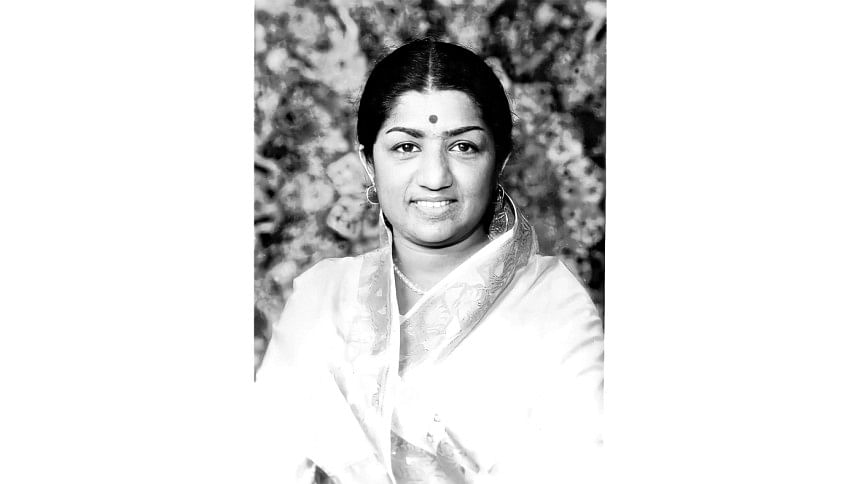
"I will continue to sing till my last breath. We Mangeshkars are a family devoted to music. Take music away from our lives, and we are nothing."
As celebrations of Saraswati Puja ended, the world incurred the irrevocable loss of the 'Saraswati' of music, the next morning.
Lata Mangeshkar, India's indomitable songstress, passed away at 8:12 am yesterday at the age of 92, due to post-covid complications.
She left behind a legacy of more than 30,000 songs across 36 different languages.
Intriguingly, that is not why she is considered one of the greatest musicians to ever live – her longevity, exceptional humility, sheer conviction and god-gifted voice made her second to none. For more than 7 decades, she was the top singer in a country, in which music is held in the highest of regards. Her accomplishments had earned her the moniker of "Nightingale of India".
India declared a two-day national mourning following the news, and its national flag would fly at half-mast.
"I consider it my honour that I have always received immense affection from Lata didi," wrote Prime Minister Narendra Modi on Twitter. "My interactions with her will remain unforgettable."
"A great void has been created in the subcontinent's musical arena with the demise of the Sursamraggi," said Prime Minister Sheikh Hasina in her condolence message.
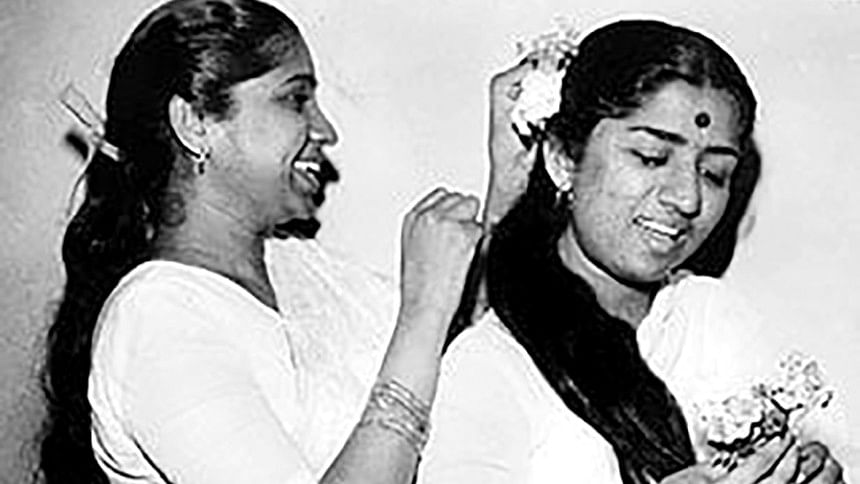
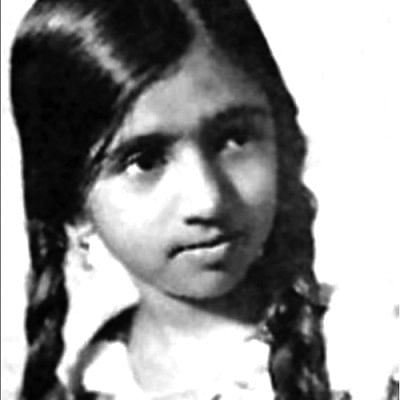
People from all over the world, irrespective of national borders, paid tribute to the songstress on social media. From actors and entertainers to politicians and cricketers, the entire world was heartbroken.
Lata Mangeshkar was born on September 28, 1929 to Marathi musician Pandit Deenanath Mangeshkar and Shevanti in Indore. She was the oldest of her siblings Meena Khadikar, Asha Bhosle, Usha Mangeshkar and Hridaynath Mangeshkar.
Before making a mark as a singer, Lata had faced the camera as an actress. She worked as an actress in over eight films from 1942 to 1948.
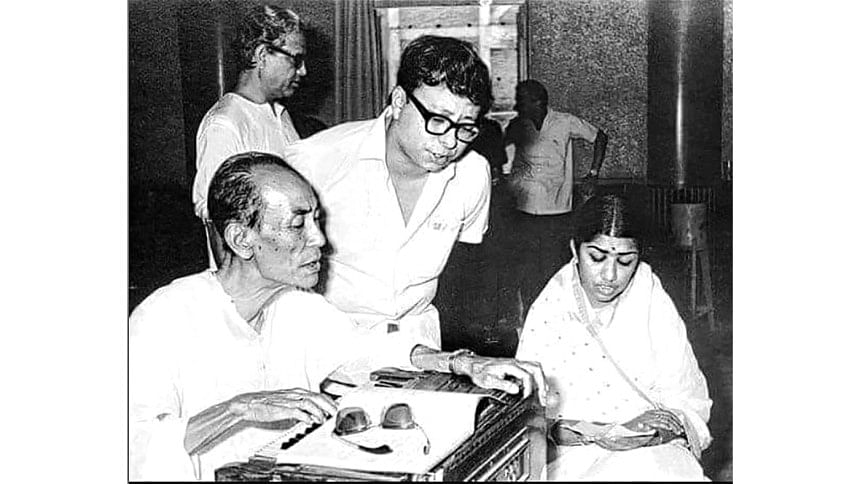
Lata Mangeshkar's debut song 'Nachu Yaa Gade, Khelu Saari Mani Haus Bhaari' for Marathi film 'Kiti Hasaal' (1942) was dropped from the final cut of the film.
Her first Hindi song was "Mata Ek Sapoot Ki Duniya Badal De Tu" for the Marathi film "Gajaabhaau", in 1943.
She did not have to look back after that, as she went on to become the top name in the music industries of not just Bollywood, but lent her god-gifted voice to regional films as well. She also directed the music for 5 films.
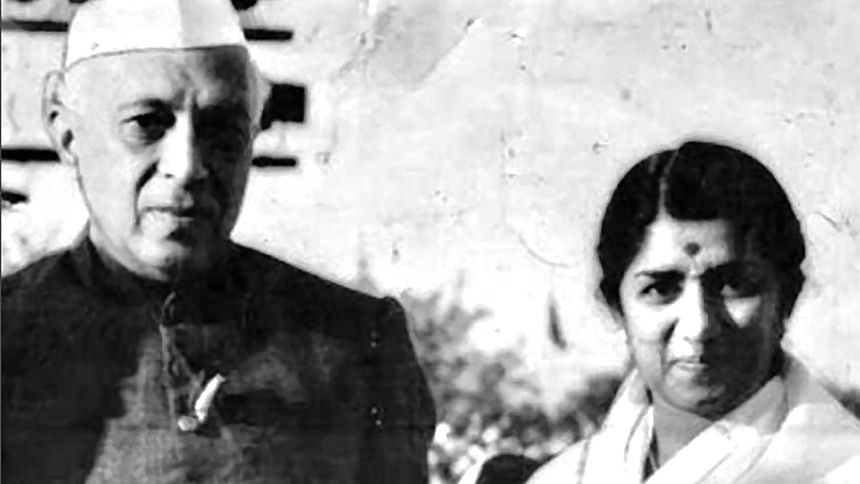
Lata Mangeshkar's rendition of "Aye Mere Watan Ke Logon, Zara Aankh Me Bhar Lo Pani" moved India's first Prime Minister Jawaharlal Nehru to tears, in 1962.
Some of her iconic songs are "Lag Jaa Gale", "Ek Pyar Ka Nagma Hain", "Ajeeb Dastan Hain Ye", "Baahon Mein Chaale Ao", "Meere Khwabon Mein Jo Aayein", "Kora Kaagaz Tha," among many others.
Among countless other accolades, Lata Mangeshkar was the recipient of three National Awards, the Padma Bhushan award in the 1969, and the Padma Vibhushan in 1999.
Lata Mangeshkar, on various occasions, had said that if she could, she would keep singing until her last breath. In recent times, the legend had reservations about the direction that Bollywood had taken in terms of music, but kept singing a in other mediums.
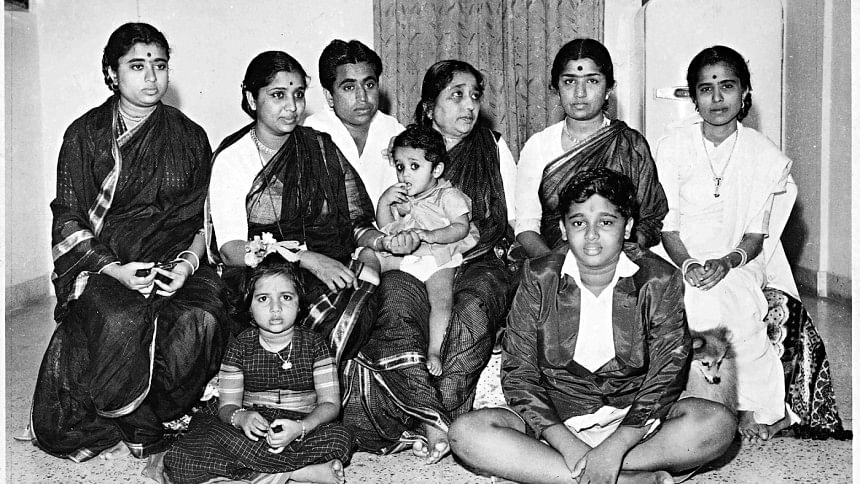
Words will never be enough to encapsulate the legacy of Lata Mangeshkar, as noted by eminent Indian lyricist Javed Akhtar. "If there is anything called perfection, Lata Mangeshkar had achieved it," he told the media yesterday.
Lata Mangeshker was not just a musician; she was the personification of music. As the world bids goodbye to her physical existence, she can never truly die as an entity, as an institution.

 For all latest news, follow The Daily Star's Google News channel.
For all latest news, follow The Daily Star's Google News channel. 



Comments